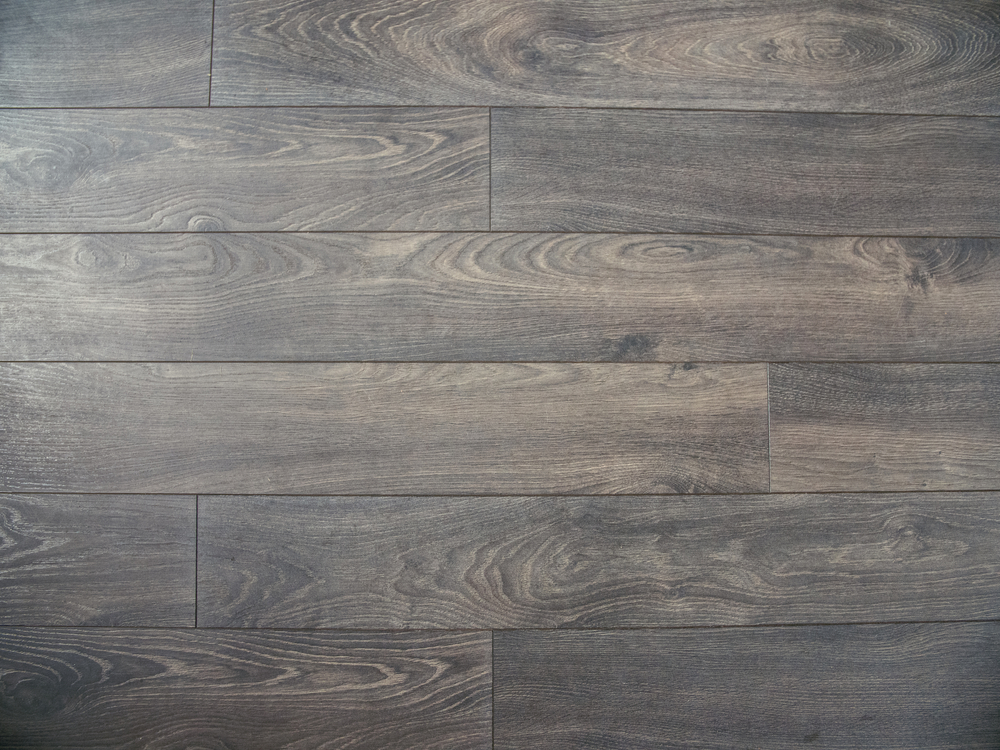Whether you’re an interior design diva or simply appreciate the value of a well-crafted space, there’s no denying that hardwood floors are one of the most sought-after and desired features for homeowners with all sorts of style backgrounds. As an instant way to elevate any room and add a bold statement, hardwood flooring gives your home an undeniable flair and serves as a worthwhile investment. If you’re among the many homeowners considering adding hardwood to your space, check out a few basic facts you need to know below.
There’s More Than Meets the Eye
If you’ve never looked into purchasing hardwood floors before, you’re likely unaware that there are actually two different kinds of hardwood you can choose from, engineered and traditional. While both are gorgeous and are sure to give you that “wow” factor, you’ll want to make sure you find the right fit depending on your distinct needs. A brief explanation of the differences between the is:
Solid (Traditional) Hardwood is crafted from a single piece of wood and is thicker than its engineered counterpart. The thickness of the planks helps allow for resanding over the years, which keeps your floors looking fresh by eliminating minor wear and tear. It’s important to note that solid hardwood is quite durable, but it is particularly vulnerable to water damage, scratches, and shrinking and expanding due to humidity exposure.
Engineered Hardwood is made from several layers of high-quality plywood that are fused together and then coated with a hardwood veneer. The finished product is slightly thinner than traditional planks and only allows for planks to be sanded a few times before they need to be replaced. Despite the plank thinness, engineered hardwood is less susceptible to humidity fluctuations and has more flexibility when it comes to where it can be placed in the home, including over concrete or radiant heating.
Which Works Best?
Ultimately, when deciding on what works best for your space, there are a wide variety of factors you need to keep in mind. Not only do you want to factor in your desired aesthetic, but you’ll also want to consider:
- The purpose of the space
- Environmental challenges
- Exposure to moisture and humidity
- Potential external damaging factors
In addition to the factors above, bear in mind that while solid hardwood may often be more expensive upfront, the ability to resand multiple times will grant extra longevity, whereas engineered hardwood may allow you to outfit more rooms in your home. This may affect your budgeting and help you make a final decision.
Have more questions about Hardwood? Ashley Fine Floors is your first choice team of flooring experts in the Capital Region. Contact our team today to learn more.
